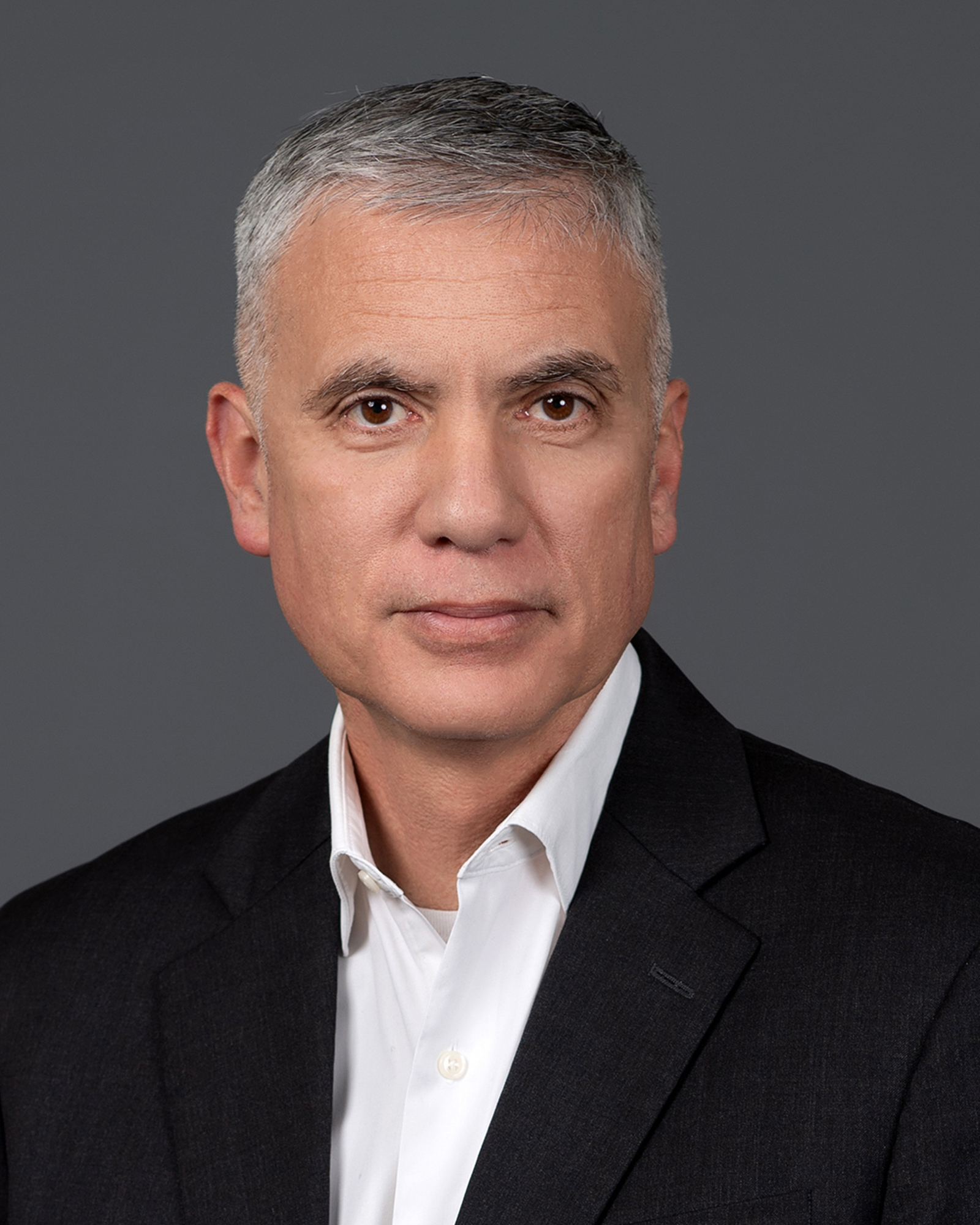Vanderbilt University is proud to announce the launch of the Institute of National Security. The founding director and leader of the institute will be retired General Paul M. Nakasone, who has served as commander of U.S. Cyber Command, director of the National Security Agency, and chief of the Central Security Service.

Recognized as one of the “nation’s founding cyberwarriors,” Nakasone brings deep intelligence and operational expertise with a broad understanding of emerging threats to U.S. national security and global stability. He is a highly sought after thought leader and was the keynote speaker at the Vanderbilt Summit on Modern Conflict and Emerging Threats in 2023.
Universities have a crucial role to play—alongside governmental agencies and private industry—in facing some of the most challenging issues of our time, according to Nakasone.
“The security landscape is evolving at an unprecedented pace and in unknown directions. To meet these challenges, it is imperative that we approach them in a highly interdisciplinary way,” said Nakasone, who will also hold an academic appointment in the School of Engineering as Distinguished Research Professor of Engineering Science and Management and will serve as special advisor to the chancellor. “Vanderbilt’s collaborative culture is one of the university’s great strengths. And it is this concept of working across many different fields and forging key partnerships that will guide us as we build the institute.”
Chancellor Daniel Diermeier heralded Nakasone’s appointment, noting that he is among the world’s foremost authorities on global security and cyber warfare.
“It is an immense honor to have someone as accomplished and highly decorated as General Nakasone transition from his lifelong service to the nation to leading Vanderbilt’s Institute of National Security,” Diermeier said. “General Nakasone’s record of achievement in the area of cybersecurity is unmatched. He has been a critical figure in supporting our national defense—and has done so with unprecedented speed and efficiency.
Nakasone and Diermeier pointed to the pressing need to address emerging threats from a wide perspective—encompassing not only battlefield innovations but also disruptions to society, such as election meddling, pandemics and ransomware attacks—during unprecedented times.
The institute, expected to launch in fall 2024, will draw on Vanderbilt’s expertise in fields such as engineering, artificial intelligence, cybersecurity, neuroscience, the humanities, biological sciences, emergency medicine, nursing, law and policy. It will be housed in Vanderbilt’s renowned School of Engineering, with involvement from faculty, staff and students across all schools and colleges, including the College of Arts and Science, Peabody College of education and human development, the Owen Graduate School of Management and the newly announced College of Connected Computing. Douglas Adams, vice dean of the School of Engineering and the Daniel F. Flowers Professor of Civil and Environmental Engineering, has worked with internal and external partners from numerous disciplines to establish the institute’s framework. He will continue in a leadership role once the institute formally launches.
The institute is supported by the Office of the Chancellor and Discovery Vanderbilt, an initiative led by the Office of the Provost that focuses on the pursuit of vital solutions to the world’s greatest challenges.
“The Institute of National Security aligns seamlessly with Discovery Vanderbilt’s vision to drive pathbreaking collaborative research and partnerships addressing society’s core challenges,” said C. Cybele Raver, provost and vice chancellor for academic affairs. “With General Nakasone’s leadership and Vanderbilt’s research expertise, this institute will have profound and lasting positive impact on global affairs.”
At the conclusion of this year’s Summit on Modern Conflict and Emerging Threats, Diermeier described four pillars that will guide the institute’s mission:
- It will accelerate innovation by working with government, military and private sector companies to develop solutions to issues arising at “the speed of modern conflict.”
- It will educate, through an interdisciplinary approach, service-minded students and the national security workforce about trends, tools, policies, data and processes needed to ensure security and stability around the world.
- It will convene national security and intelligence thought leaders and practitioners to explore the most consequential and emerging national security problems.
- It will leverage expertise among Vanderbilt faculty and students to advise national security leaders on both classified and unclassified security-focused initiatives.
“This institute is another example of Vanderbilt’s culture of radical collaboration to achieve our mission to dare to grow. I am deeply grateful to Doug Adams and his colleagues for their tireless work in making this institute a reality,” said Krish Roy, Bruce and Bridgitt Evans Dean of Engineering. “General Nakasone is a world leader in defense and security, and his arrival at Vanderbilt will catapult our tremendous strength in national security research and thought leadership to achieve deep global impact.”
About Gen. Nakasone
Nakasone joins Vanderbilt on June 1, 2024. His service as commander of U.S. Cyber Command and NSA director began in May 2018. Previously he had commanded U.S. Army Cyber Command from 2016 to 2018.
A native of White Bear Lake, Minnesota, Nakasone is a graduate of Saint John’s University in Collegeville, Minnesota, where he received his commission through the Reserve Officers’ Training Corps. He holds graduate degrees from the U.S. Army War College, the National Defense Intelligence College and the University of Southern California.
Nakasone’s awards and decorations include the Distinguished Service Medal (with oak leaf cluster), the Defense Superior Service Medal (with three oak leaf clusters), Legion of Merit, Bronze Star, Defense Meritorious Service Medal (with oak leaf cluster), Army Commendation Medal, Joint Service Achievement Medal (with oak leaf cluster), Army Achievement Medal (with four oak leaf clusters), Joint Meritorious Unit Award, Iraq Campaign Medal, Afghanistan Campaign Medal, Combat Action Badge and the Joint Chiefs of Staff Identification Badge.
This article was updated to reflect a change in the name of the institute.


